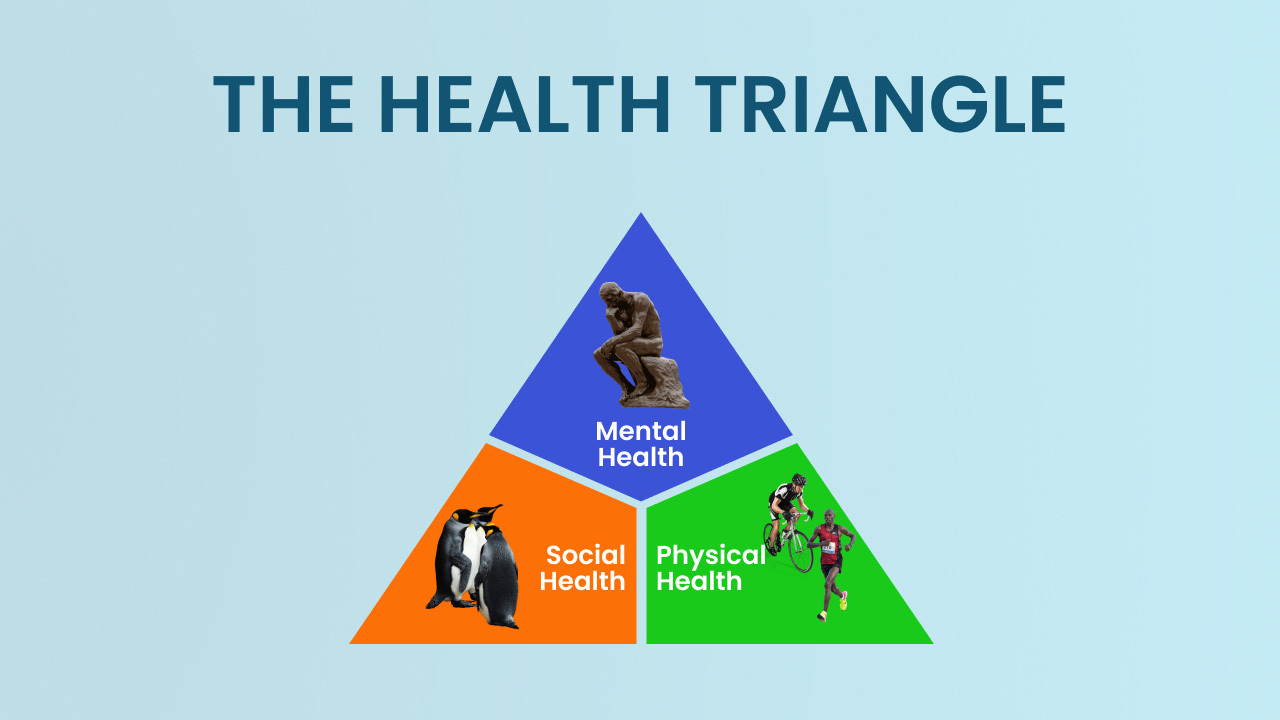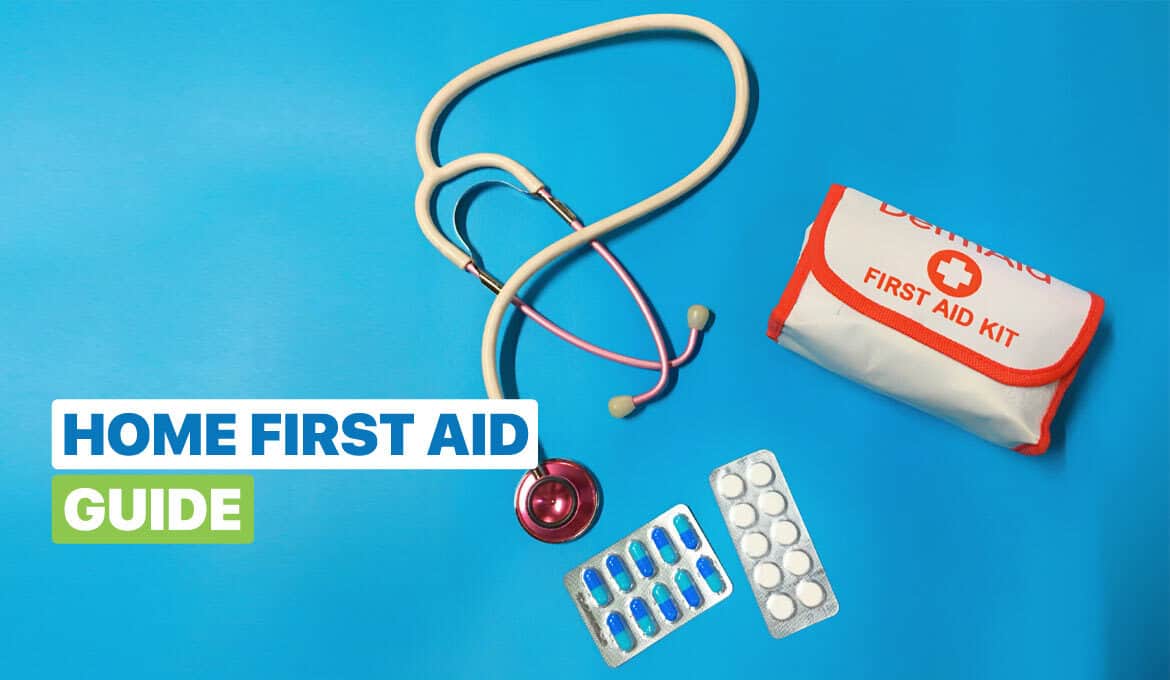
Have you ever walked on the scale and wondered why your weight doesn’t seem to reduce when you put more effort into the gym or control the food on your dining table? The answer lies in muscle weight and fat weight.
Most people say that muscle weighs more than fat. According to science, a pound of muscle and fat weigh the same, but there is a difference in their density.
To make it more clear, this article will demonstrate muscle weight vs fat weight, which can weigh more! To know their differences, continue reading the article.
What Is Muscle Weight?
The whole weight of skeletal muscles in the body is said to be muscle weight. The function of skeletal muscles is to help the movement and support the body. It is attached to the bones.
Whole body muscle mass is divided into kilograms or pounds. Our body holds some amount of fat. When it is burned out, it accumulates in muscles.
Normal muscles are denser than fat tissues in the body. It is mostly measured per unit of volume. The individual with higher muscle mass looks slimmer than those who have body fat.
What Is Fat Weight?
The total weight of adipose tissue is known as body fat. The adipose tissue called fat cells (adipocytes) stores energy in the form of fat. However, some fat is good for keeping you away from some health issues, but excess fat can affect your health.
Muscle Weight Vs Fat Weight: Which Weighs More?
There is a misconception that muscle weighs more than fat, but when it comes to reality, a pound of muscle measures the same weight as a pound of fat. People with more fat can seem fatter than those with the same muscle weight.
It is easy to reduce muscle fat but very difficult to lose body fat. The only difference lies in the density and volume of tissues. Some of the myths and truths are here as follows:
1. Density Matters the Most
When one has a pound of muscle and a pound of fat, both weigh the same, but the muscle is denser than the fat. However, a pound of fat takes less space than a pound of fat. So, density plays an important role.
2. Volume Considerations
However, muscles won’t have significant changes when it comes to body composition. As we know, we can build muscle through strength training. The muscles are more compact and showcase a leaner appearance.
3. Scale Misleading
If one mainly depends upon the scale, it can mislead you; someone with a higher percentage of muscle mass can weigh the same as someone with higher body fat. However, the body looks the same.
4. Body Composition
When you are thinking about muscle weight vs fat weight, then understanding the body composition is a must.
- Muscle Metabolism: A muscle in the body having calories is burned quickly in comparison to fat. Fat deposited in the body takes time to burn. So, it is easier to burn muscle easily than to maintain or lose weight.
- Fat Storage: As we know, fat is the storage of energy, but if one has more fat, mainly the visceral fat around internal organs, it can be prone to health risks.
5. Aesthetics Values
Here, let's consider some numerical value, say 20 pounds of fat vs 20 pounds of muscles, to understand muscle weight vs fat weight. Have you ever wondered why two individuals with the exact weight can look so unequal? It matters with body composition.
An additional 20 pounds of fat in your body may lend a softer, less toned appearance, while an extra 20 pounds of muscle will sculpt a firm and defined physique.
6. Functional Difference
Muscle weight and fat weight both serve different functions; fat helps safeguard the body and traps heat, while muscle is the powerhouse.
If you have more muscles in your body, you have more calories, which can help burn out when you are resting. This maintains a healthy weight.
The Role of Muscle and Fat Percentages in Health
To lead a healthier lifestyle, one has to understand the relationship between muscle and fat percentages. Some research says that weight or BMI is just beyond that. The ratio of muscle to fat is important for overall health and longevity. Let’s explore here:
The Risk of Muscle and Fat Percentages: Studies highlight a concerning correlation that individuals who have a higher percentage of body fat are more prone to the risk of mortality when compared to body weight or BMI.
When one has higher fat in the body, it can increase hypertension, diabetes, and heart disease. It is also revealed that those who have lower body weight can also risk muscle-to-fat ratio.
Importance of Managing Body Fat Percentage: Maintaining your body fat within the range is very important. It does not mean that you have to grow muscle mass. Always keep in mind to balance your body’s muscle-to-fat ratio.
Recommended Body Fat Percentages: The American College of Sports Medicine has made certain guidelines for body fat and body fat percentage based on age and gender. Here’s as follows in the table below:
| Age | Gender | Body Fat % Range |
| 20-29 | Female | 16%-24% |
| 20-29 | Male | 7%-17% |
| 30-39 | Female | 17%-25% |
| 30-39 | Male | 12%-21% |
| 40-49 | Female | 19%-28% |
| 40-49 | Male | 14%-23% |
| 50-59 | Female | 22%-31% |
| 50-59 | Male | 16%-24% |
| 60+ | Female | 22%-33% |
| 60+ | Male | 17%-25% |
Body Fat Percentages Classifications
| Classification | Female | Male |
| Athletes | 14%-20% | 6%-13% |
| Fit Individuals | 21%-24% | 14%-17% |
| Average Individuals | 25%-31% | 18%-24% |
| Individuals with Obesity | 32% and higher | 25% and higher |
Examining The Body Fat Composition: Examining body fat composition is important. Many innovative technologies are available for testing body fat, like Bioelectric impedance (BIA) devices. This is a high-class technology that can detect fat cells in your body.
Maximizing Muscle Growth: Your Guide To Building Lean Mass
If you want to increase your muscle mass, then here are some tips to achieve lean and strong muscles. Follow them:
- Weekly, have 3-4 strength training sessions that enhance muscles with better growth response to stimulus.
- Do push-ups, pull-ups, and squat workouts at home effectively to get the best muscle group.
- Add integrating high-intensity interval training (HIIT) to boost your cardio rate, which can strengthen exercises for efficient muscle building.
- Gradually increase the weights to challenge your muscles with progressive overload for continual growth.
- Always do the weight lifting to build your muscles, opting for safe sessions is more important. You can get help from a trainer.
- Doing yoga, climbing, or riding a bike are also safe muscle-building activities that can promote muscle movement.
- Always eat chicken, fish those who have omega 3, and eat amino acids into your diet and eat high protein-based food.
Weight Loss Tips For A Healthier Lifestyle
Excessive body weight can have bad impacts that can make you diseased, so losing weight is more crucial. Here is how to lose weight:
- Eat fruits, vegetables, and lean proteins, and always eat a balanced diet to get energy levels.
- Stop consuming sugary drinks and processed snacks that can raise your body weight.
- Cutting calories is important. So, be careful not to add any over-calorie food that can lead to a reduction in your metabolism and hinder weight loss.
- Always focus on having a gradual weight loss of one to two pounds per week, and set achievable targets to stay motivated on your journey.
- Enhancing the effectiveness of your weight loss of one to two pounds per week, and set achievable targets to stay motivated on your journey.
- Give a break to your monotonous life, like varying your meals and workouts.
- If weight concerns persist, consult with a doctor for personalized advice, realistic goal-setting, and a tailored weight loss plan.
Conclusion
There's a saying that health comes first when it comes to changing your lifestyle. In this article, we will learn muscle weight vs fat weight. When one gains muscle weight, it is said to be a healthy practice.
Still, when one gains body weight, it is said to be unhealthy and poses many health issues like obesity, diabetes, high blood pressure, and many more diseases you may develop.
So, always try to develop healthy muscles; when fat burns out, the muscle is accumulated and stored as energy in the body. So, reducing excessive fat in the body and having a minimum amount of fat is beneficial.
FAQs
1. How do we know that muscle weighs more than fat?
Ans: A pound of muscle and a pound of fat weigh the same. The muscle is denser than fat, so it takes up less space in the body.
2. Why do some people look slim if they weigh the same as others?
Ans: The density of muscle compared to fat plays a crucial role. Muscle is more compact, contributing to a leaner appearance even if two individuals have the same weight.
3. Can building muscle make you gain weight?
Ans: Yes, engaging in strength training can lead to weight gain, but it's often attributed to muscle development. However, the scale may vary. It goes up sometimes, which is good for metabolism and overall health.
4. How does hydration affect weight and body composition?
Ans: Hydration can temporarily influence weight, but it doesn't alter body composition. Drinking fluids can lead to water retention, affecting the scale. However, this doesn't indicate changes in fat or muscle mass. So these are certain things one needs to follow.
5. Can genetics impact the distribution of fat and muscle in the body?
Ans: Yes, genetics play a role in determining where your body stores fat and how muscle develops. While lifestyle choices influence body composition, genetic factors can affect how quickly you gain or lose fat in specific areas.
Read Also:




































































